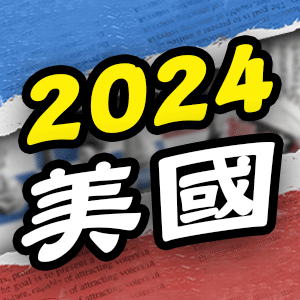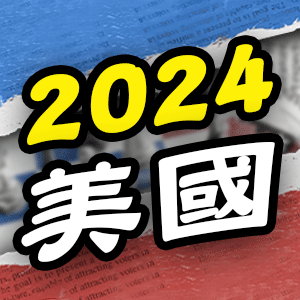TAIPEI (TVBS News) — Taiwan’s tech firms and textbook publishers introduced the nation's first AI textbook at the start of this academic year, which is now used at select schools. This innovative tool generates questions in real time, displays students' answers and accuracy rates, and provides personalized feedback and summaries based on individual responses.
Huang Hui-chung (黃輝鐘), president of Kang Hsuan Educational Publishing Group (康軒文教集團), stated that AI textbooks enhance student engagement and allow teachers to monitor students' progress instantly.
Teachers can adjust lesson plans in real time, unrestricted by pre-set questions. The AI textbook's three main features include pre-class management and interactive teaching, real-time learning diagnostics and differentiated instruction during class, and diversified assessments with instant feedback post-class.
In other parts of Asia, South Korea's government announced a revised curriculum in 2022, "Education for All," to introduce AI digital textbooks for 8-year-old elementary students by 2025. However, this plan has raised concerns among parents, with over 50,000 signing a petition urging the government to reconsider, citing worries over early exposure to digital devices.
Tsai Yen-lung (蔡炎龍), an associate professor at National Chengchi University's (政治大學) Department of Mathematical Sciences, emphasized the importance of AI in future education, noting ongoing efforts to balance AI and human teacher roles. He pointed out that AI courses benefit STEM students and those studying history, art, language, or literature.
National Chengchi University has made significant strides in developing an AI curriculum, reflecting a broader trend of integrating AI into education. Tsai explained that by incorporating AI into lessons, educators hope to inspire students to apply "design thinking" to address problems and find suitable AI models to assist them.
Many universities now offer AI courses, and Taiwan’s Ministry of Education (MOE, 教育部) is considering forming an AI alliance among 25 higher education institutions. Amid the AI boom, everyone must learn how to use assistive technologies and understand how to harness them for more creative endeavors.










